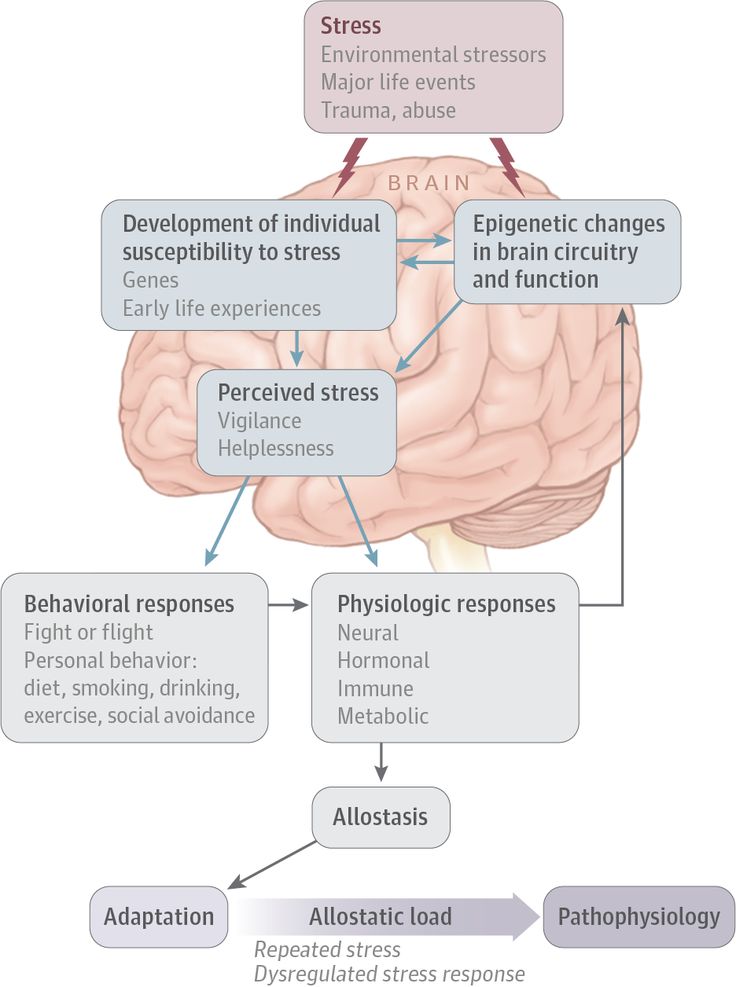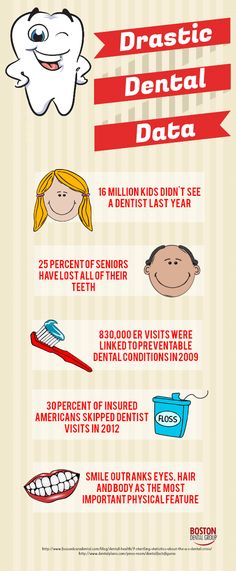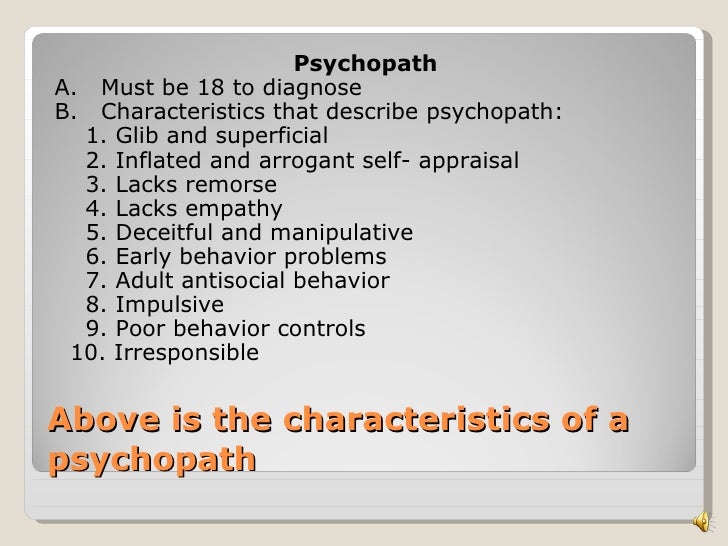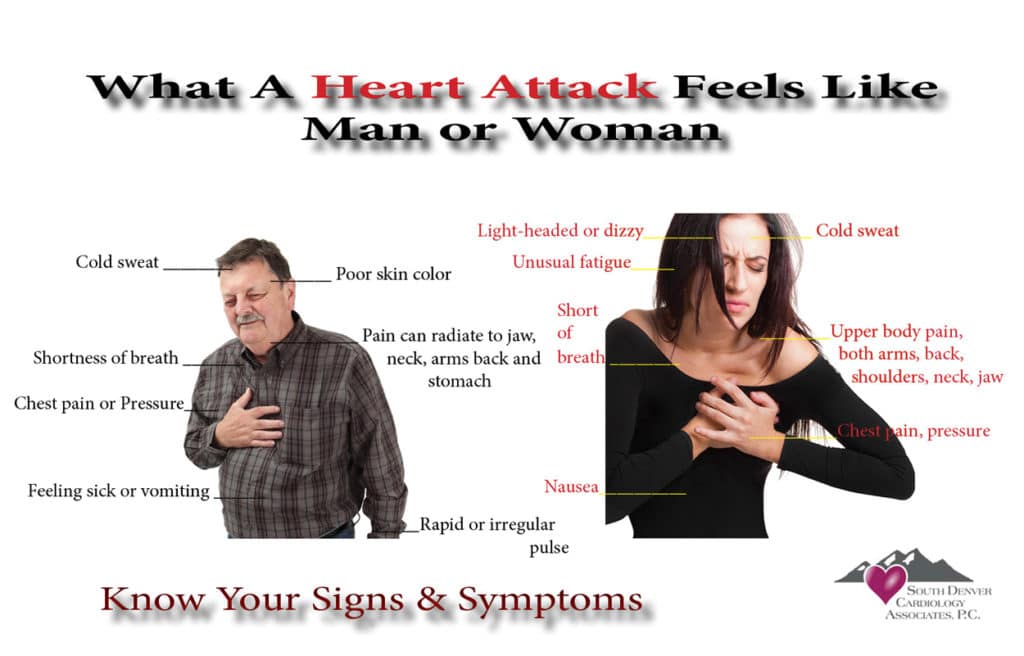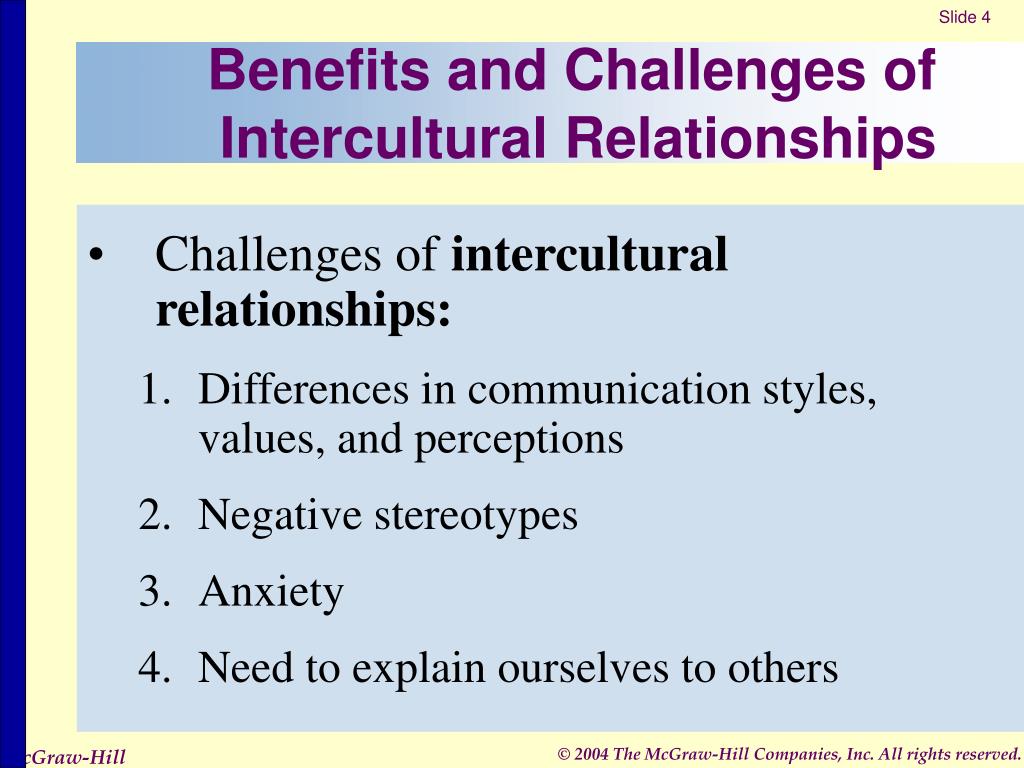What are the major stressors in life
The Top 5 Most Stressful Life Events and How to Handle Them
July 03, 2015
Everyone experiences stress, but it can be overwhelming to know how to manage it. When major life stressors come up, it’s important to have strategies to cope and relax. The top five most stressful life events include:
- Death of a loved one
- Divorce
- Moving
- Major illness or injury
- Job loss
It might feel like stress is an emotional issue – something that lives strictly inside your head. But stress can become a physical issue as well, especially when dealing with the most stressful events in life.
Your body instinctively responds to changes and perceived threats, says Francoise Adan, MD, ABIHM, Medical Director, University Hospitals Connor Whole Health. Your body reacts by releasing stress hormones, adrenaline and cortisol to switch you into fight-or-flight mode.
After experiencing stressful life events, Dr. Adan says stored-up stress can contribute to symptoms and issues related to:
- Digestive health
- Inflammation
- Immune system
- Bone density
- Sexual health
- Sleep
- Anxiety
“Day-to-day stress takes its toll on everyone,” she says. “We’re constantly bombarded by threats and changes, but because we don’t usually literally fight or run, we stay reactive. We’re bathed and flooded in stress hormones.”
When stress strikes, you can take steps to reduce the impact on your body. To alleviate symptoms and manage even the top stressors in life, Dr. Adan recommends these three steps:
1. Take Action
- Your body is primed to act, so go ahead and get physically moving.
- “Contract your muscles, release and shake it out. You can march in place or wring a towel – 30 to 60 seconds will reboot your body and return you to physical stability,” Dr. Adan says.
2. Breathe
- Hit the pause button and tune into yourself.
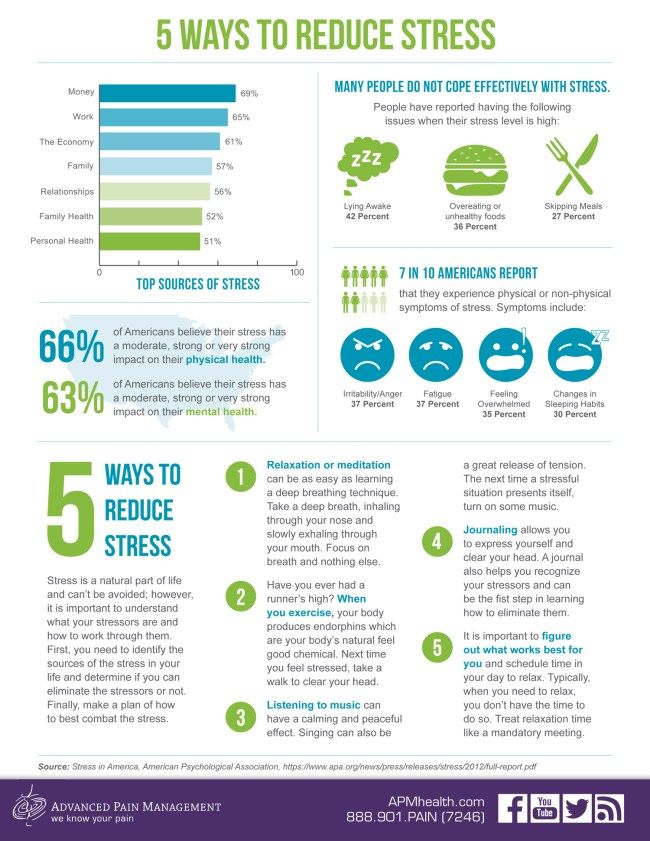 Consider using guided imagery and mindfulness to engage in the moment. Being present will realign the body.
Consider using guided imagery and mindfulness to engage in the moment. Being present will realign the body. - “Think: ‘I am here; it is what it is.’ It’s about acceptance, not control,” she says.
3. Feel Good
- Take at least 30 seconds to just feel good. It’ll release the same endorphins you get when you exercise.
- “Think about what you’re grateful for,” Dr. Adan says. “Tap or sing along to a song. I tell my clients to keep Play-Doh at their desks and take a minute to play.”
Research shows that using this type of framework for roughly five to 10 minutes a day will improve your health, longevity and productivity. While this is particularly important following stressful life events, it’s better to make it an everyday habit.
"Not one of us can’t spare five minutes a day,” Dr. Adan says. “It’s a choice for health.”
Related Links
University Hospitals Connor Whole Health’s S.M.A.R.T.™ (Stress Management and Resilience Training) Program can provide additional tips and practices for managing even the most stressful life events. It’s an eight-week series led by experts on stress resilience.
It’s an eight-week series led by experts on stress resilience.
- Subscribe
- RSS
Tags: Stress, Anxiety
Top 10 Stressors In Life And Why
Stress is an inevitable part of life, and it’s not always bad.
Stress is your body’s natural response to challenging or difficult experiences. It can be triggered by positive things, such as a tricky puzzle, or negative things, such as financial difficulty.
When you’re stressed, your body goes into “fight or flight mode” — a state where your body and mind are alert. When managed in a healthy way, stress can help you perform better.
A life stressor is any event or experience that causes stress. Some stressors can be small and relatively easy to manage, like a busy day at work or a small disagreement with a loved one. Other stressors can be harder to manage, like bereavement, divorce, or becoming severely ill.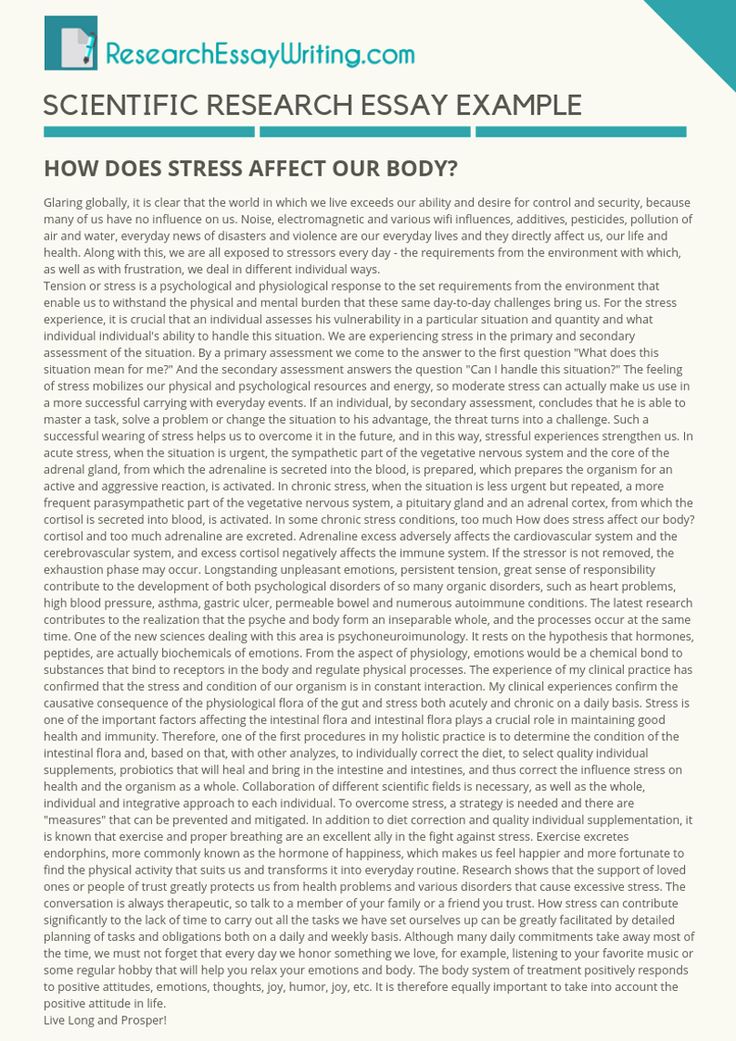
Although everybody experiences stress differently, experts have identified the top life stressors. These common stressors are most likely to contribute to anxiety.
What are the most stressful life events one can experience? It’s difficult to quantify stress, especially because we all experience stress differently.
The Holmes-Rahe Stress Scale, also known as the Social Readjustment Rating Scale, is a list of stressful life events. First developed in 1967, this stress inventory attributes points to different life stressors. According to the scale, the more points you accumulate over a year, the more likely you are to experience health issues.
However, there are some criticisms of this scale. The way we cope with stressors depends on many factors, including your individual circumstances, your cultural context, and how much support you’re receiving from others.
Remember that the Holmes-Rahe Stress Scale was created to predict illness — the purpose is not to compare your stressors to others’ or to downplay the other stressors in your life.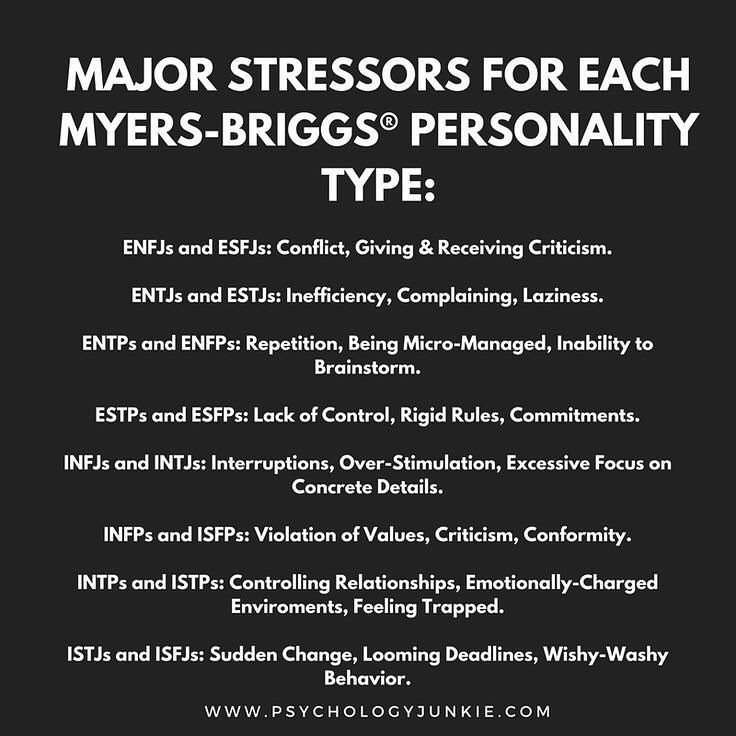
Stress is subjective, and you might find it harder to cope with stressors that aren’t listed here than those that are. For example, you might find it harder to cope in the aftermath of a violent crime than with your divorce. And that’s okay.
1. Death of a spouse
When your life is deeply intertwined with a person, losing them can be agonizing and can even lead to decreased life expectancy. When you lose a spouse, you might also experience other changes — your lifestyle, daily routines, and living arrangements might change. These changes can make it harder to cope in the aftermath of your spouse’s death.
If you lost a spouse or life partner, give yourself time to grieve. It might be wise to join a support group for grief or speak with a therapist who offers bereavement counseling.
2. Divorce
Even if you know it’s for the best, divorce can be difficult to deal with, especially because it often requires you to readjust your routine and lifestyle. Legal difficulties, custody battles, and moving can compound this stress.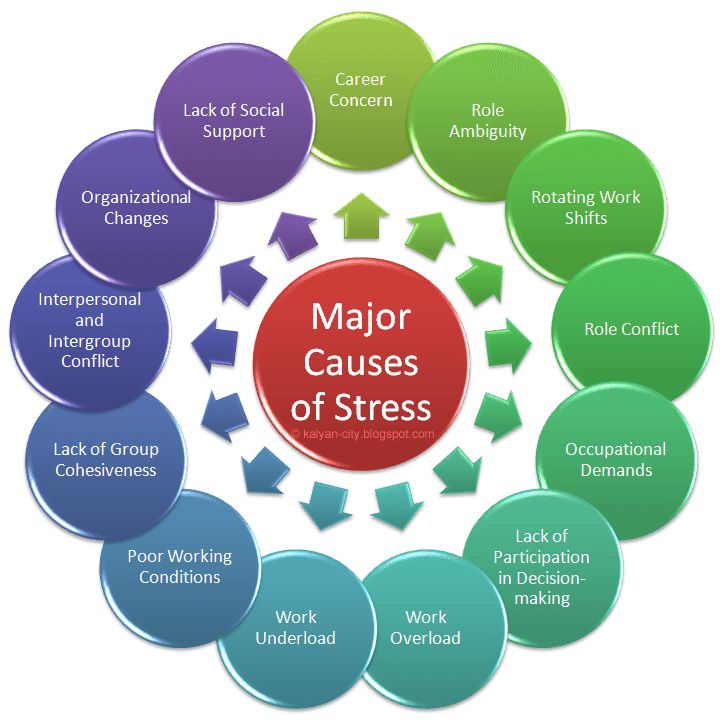
It’s common to feel lost after a divorce. You might feel a mixture of emotions, including relief, grief, and loneliness. But it’s possible to make it through to the other side.
3. Marital separation
Like divorce, marital separation can disrupt your life as you know it. Although it might be a wise choice, separating from your spouse can be deeply stressful. Even if you’re already undergoing marital counseling, you may want to see a therapist during this period.
4. Being incarcerated
Being in jail or prison is considered a major life stressor. Incarceration can be deeply traumatic, as it is a complete disruption of your current life and routine.
Incarcerated people might also face the following stressors:
- loneliness
- isolation
- lack of productive activities
- lack of access to medical treatment
- violence and abuse
- human rights violations
- lack of access to adequate nutrition
Formerly incarcerated people might experience post-traumatic stress disorder (PTSD)-like symptoms, often called post-incarceration syndrome.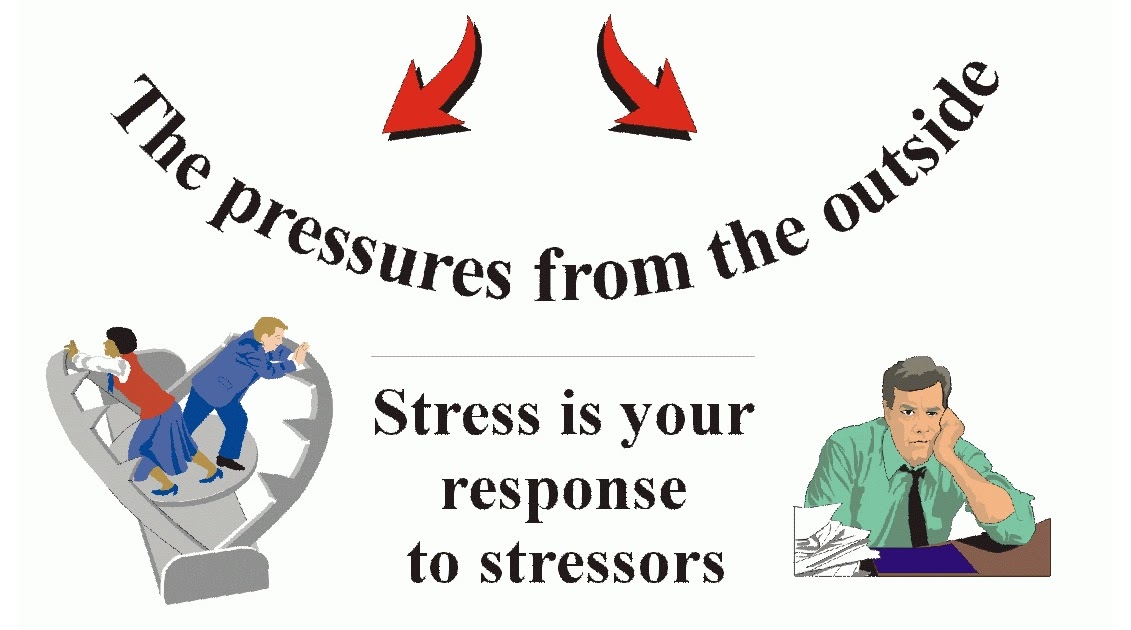
5. Death of a close family member
The loss of a loved one is often difficult to comprehend and cope with. The death of a close family member, such as a sibling, parent, or child is considered one of the most stressful life events.
6. Major personal injury or illness
A major personal injury or illness can be a significant cause of distress. Becoming ill, whether temporarily or chronically, can disrupt your routine, lifestyle, and life plans.
Your illness or injury might require you to learn to adjust to a new way of living. Being diagnosed with a life-threatening illness can also be extremely scary. Expensive medical bills can compound the stress.
7. Marriage
Marriage is generally thought of as a happy occassion, but it can also be stressful. It might require a great deal of adjustment, especially if you didn’t co-habitate with your partner beforehand. The legal and financial admin can add to the stress.
8. Being fired or laid off from work
Losing your job can be a huge source of stress.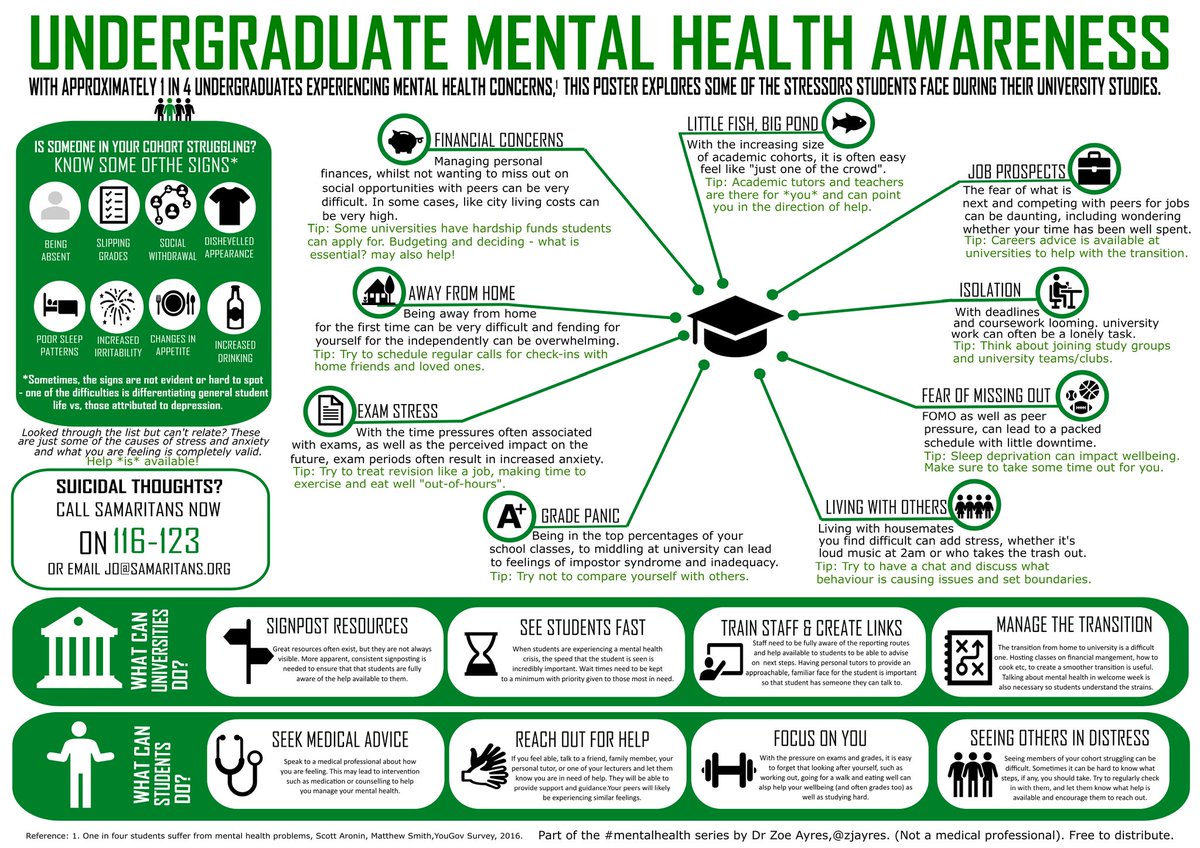 This could cause financial anxiety — and for many people, a loss of identity. Many people identify with their jobs, and experience shame and depression when they lose that occupation.
This could cause financial anxiety — and for many people, a loss of identity. Many people identify with their jobs, and experience shame and depression when they lose that occupation.
After being fired, this stress can be compounded by financial worries and the emotional rollercoaster of job hunting.
9. Marital reconciliation
As with marriage, marital reconciliation is usually thought of as a positive thing. This might be so, but reconciling with your spouse after a separation can still require a lot of adjustment and thus be stressful.
10. Retirement
Although many of us look forward to our retirement, it can cause you to feel upheaved. When you’re used to working, it might be difficult to adjust to retirement. You might experience social isolation and a loss of purpose. You might also miss your routine and the excitement of working towards a goal.
“Retirement depression” is not uncommon, but it can be overcome. In fact, research from 2018 has found that retirement can improve your overall mental health and life satisfaction. Focus on filling your days with meaningful, enjoyable activities and make an effort to maintain healthy habits.
Focus on filling your days with meaningful, enjoyable activities and make an effort to maintain healthy habits.
Although it’s difficult to quantify stress, experts have identified common life stressors that can have an impact on your health.
Any major change or trauma can have a negative impact on your mental health. If you’re finding it hard to cope with stressors — whether they’re listed here or not — you might benefit from speaking with a therapist.
Selye's three stages of stress: anxiety, resistance, exhaustion
Hits: 258700 Published: / Updated:
- Stress
General information
Stress is one of the normal conditions of the body, as it is associated with an increase in adaptive mechanisms. Stress is an essential part of life. Stress reactions phylogenetically helped a person to cope with difficulties, therefore, in this aspect, stress reactions are useful.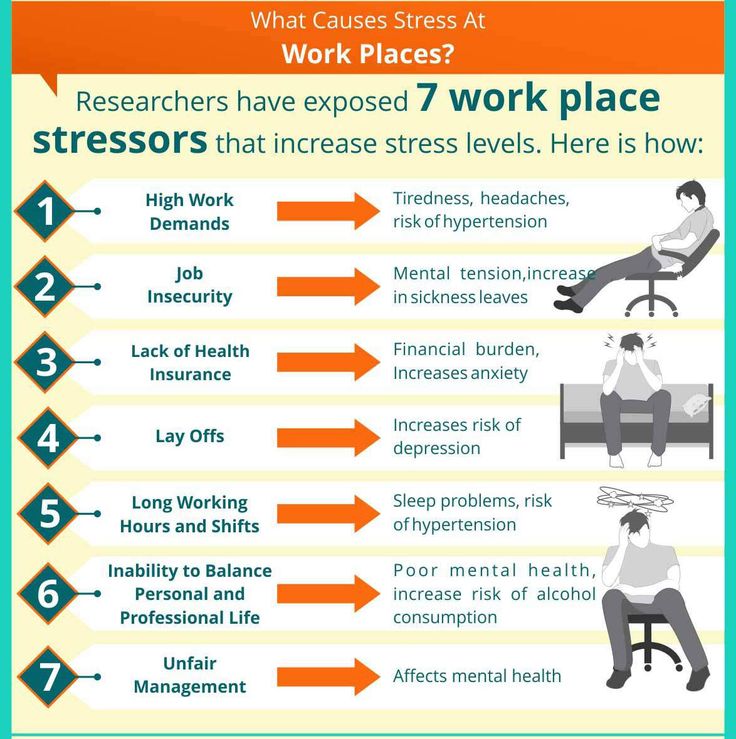 However, when stress has a vivid expression and a long manifestation, in this case it causes harm to human health.
However, when stress has a vivid expression and a long manifestation, in this case it causes harm to human health.
Types of stress
According to the type of impact, stress is systemic and mental. Systemic stress reflects the body's response to injury, inflammation, infection, and so on. Mental stress first causes changes in the psycho-emotional sphere, and then manifests itself at the biological level.
Selye's observations
Hans Selye is considered the founder of the theory of biological stress. Hans Selye's model of the general adaptation syndrome provides a clear biological explanation for how the body reacts and adapts to stress.
In his research, Selye noticed that the body adapts to external stressors in terms of a biological model that tries to restore and maintain internal balance. In its attempt to maintain homeostasis, the body uses a hormonal response that directly combats the stressor.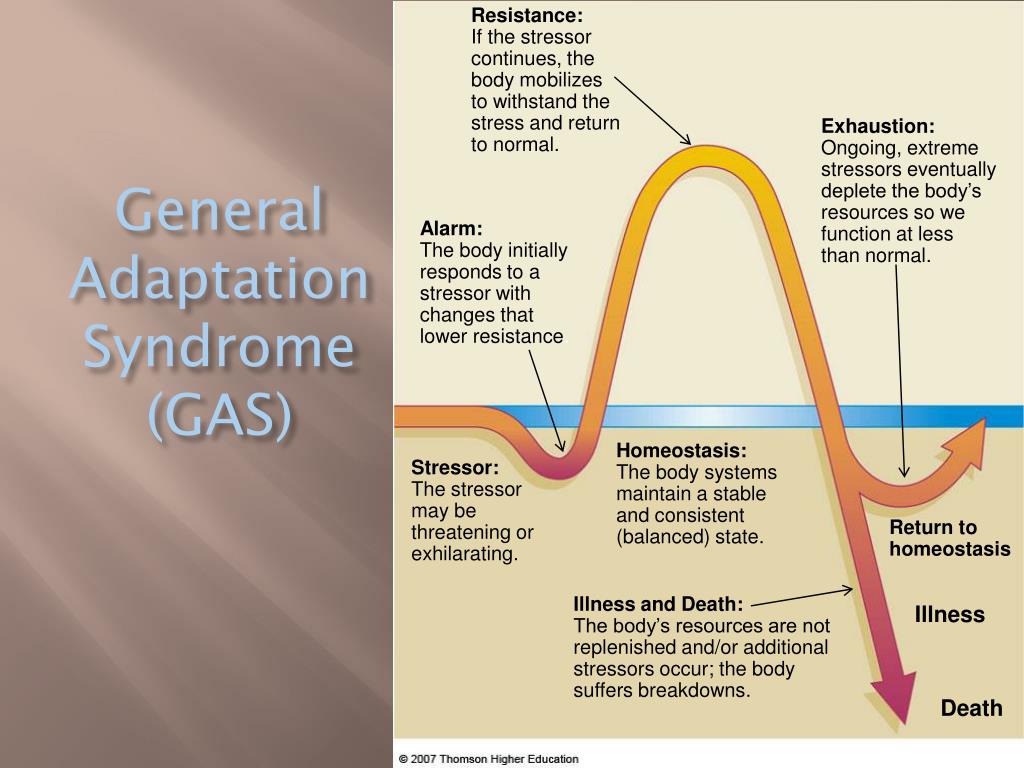 The body's struggle against stress is the main theme of the general adaptation syndrome.
The body's struggle against stress is the main theme of the general adaptation syndrome.
Another observation that Selye made was that stress responses have their limits. The body's limited supply of energy to adapt to a stressful environment is depleted when the body is constantly exposed to a stressor.
Three phases of the stress response
General Adaptation Syndrome is a model that consists of three elements or phases that describe the body's response to stress:
called the hypothalamus. The hypothalamus ensures the release of hormones called glucocorticoids.
Glucocorticoids trigger the release of adrenaline and cortisol. Adrenaline gives a person a boost of energy: the heart rate increases, blood pressure rises, blood sugar also rises. These physiological changes are regulated by a part of the human autonomic nervous system called the sympathetic branch.
The adrenal glands begin to actively produce an increased amount of cortisol and are in a state of hyperfunction.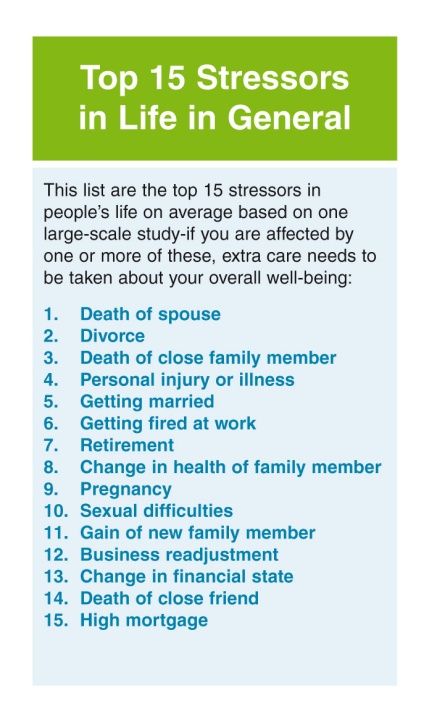 This condition can be confirmed by using a pattern of changes in the hormonal profile of saliva, which will be the following indicators: elevated cortisol levels / normal DHEA levels.
This condition can be confirmed by using a pattern of changes in the hormonal profile of saliva, which will be the following indicators: elevated cortisol levels / normal DHEA levels.
2. Resistance stage
During the resistance stage, the body attempts to counteract the physiological changes that occurred during the alarm reaction stage. The resistance stage is regulated by a part of the autonomic nervous system called the parasympathetic.
The parasympathetic nervous system is trying to bring the body back to normal: the amount of cortisol produced decreases, heart rate and blood pressure begin to return to normal. The level of body resistance is much higher than usual. At this stage, a balanced expenditure of adaptation resources is carried out.
If the stressful situation ends, the resistance phase returns the body to its normal state. However, if the stressor remains, the body remains on guard to fight its manifestations.
The adrenals adapt to this stage already using a mechanism called "pregnenolone hijack".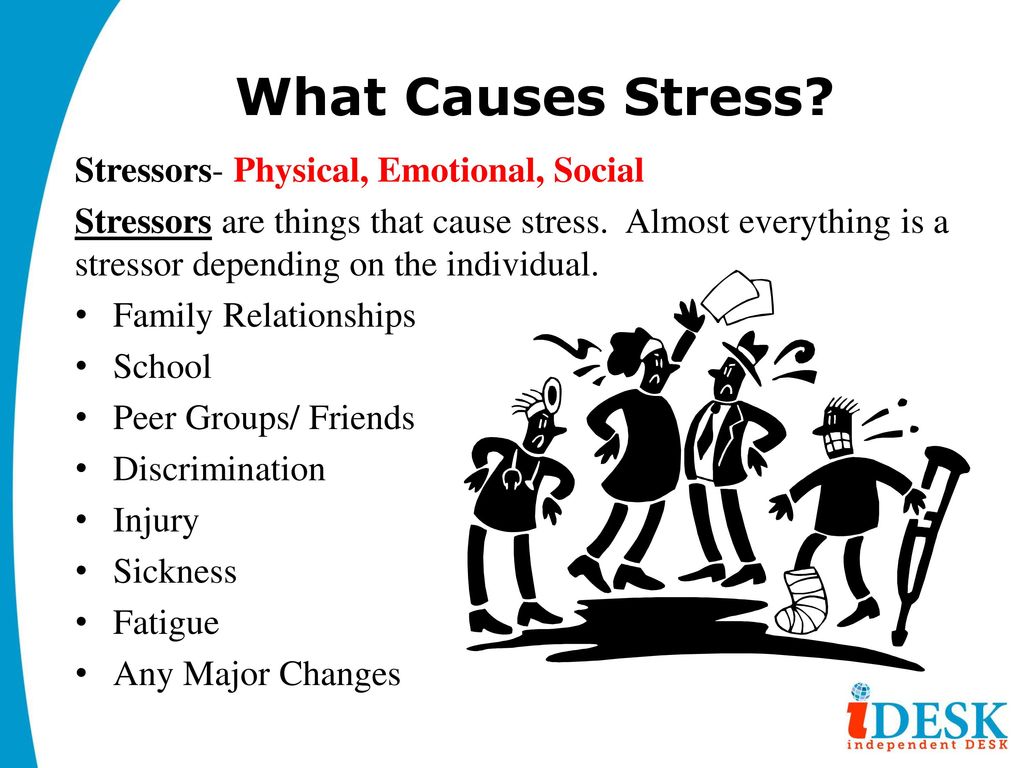 Pregnenolone is a cholesterol metabolite and is the precursor chemical for the production of both cortisol and sex hormones, including testosterone. When the metabolism of pregnenolone changes, the level of testosterone produced in the body decreases. At this stage, the pattern of the hormonal profile in saliva will be represented by the following indicators: elevated cortisol/low DHEA.
Pregnenolone is a cholesterol metabolite and is the precursor chemical for the production of both cortisol and sex hormones, including testosterone. When the metabolism of pregnenolone changes, the level of testosterone produced in the body decreases. At this stage, the pattern of the hormonal profile in saliva will be represented by the following indicators: elevated cortisol/low DHEA.
3. Exhaustion stage
In this stage, stress persists for a long period. The body begins to lose the ability to deal with the stressor and reduce its harmful effects, as all adaptive capacity is depleted. The exhaustion stage can lead to stress overload and health problems if not addressed immediately.
At this stage, the adrenal glands are no longer able to adapt to stress and have exhausted their functionality. Initially, salivary hormonal profiles will show normal cortisol/low DHEA levels (or cortisol levels indicative of hyperfunction and reduced function will be combined with normal DHEA levels).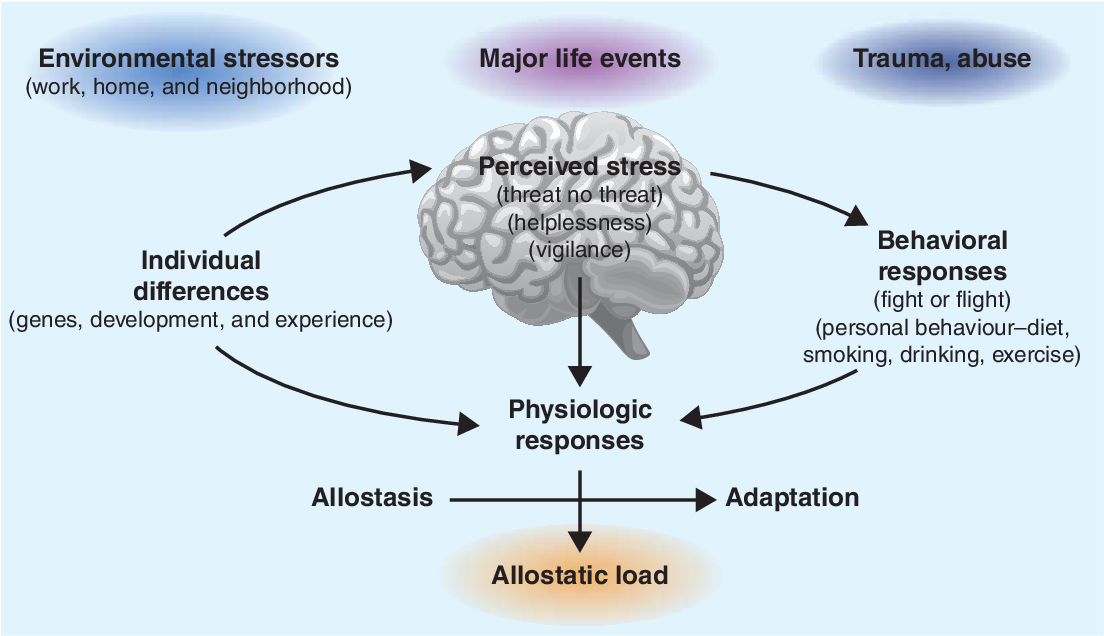 When the adrenal glands have exhausted their capacity, will be determined: low cortisol / low DHEA.
When the adrenal glands have exhausted their capacity, will be determined: low cortisol / low DHEA.
If stress continues, the cofactors needed to produce cortisol are depleted, causing the body to break the pregnenolone bypass mechanism and switch back to producing DHEA. This pattern would be low cortisol/normal DHEA.
causes, symptoms, treatment, useful or not
- referrals
Neurology Rehabilitation center epileptological center Rehabilitation and physiotherapy Headache treatment Gynecology Orthopedics Psychiatry Functional diagnostics Pediatrics Ultrasound diagnostics Psychology
Treatment room Otolaryngology Therapy Endocrinology Cardiology Rheumatology Urology Allergology Botulinum therapy Consultation Nephrology Child Development Center
- services and prices
- specialists
- clinic
- About clinic
- News
- Stock
- Reviews
- Partners
- Question answer
- Licenses
- Requisites
- Supervisory authorities
- Privacy Policy
- contacts
Stress is a state of psychological and physical tension in response to external influences.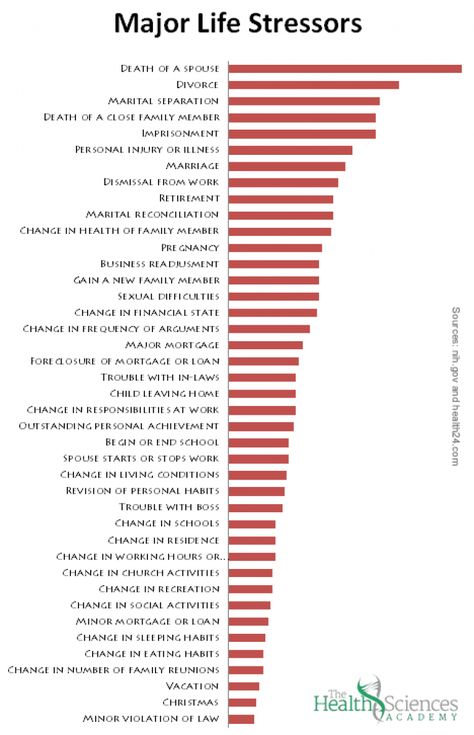 It can be caused by difficult situations, monotonous activities and emotional factors. Stress helps you adapt to a changing environment, but can have negative health consequences.
It can be caused by difficult situations, monotonous activities and emotional factors. Stress helps you adapt to a changing environment, but can have negative health consequences.
Is stress good or not?
Short-term one-time stress has a positive effect. In response to a stimulus, the body produces three hormones: cortisone, adrenaline, noradrenaline and activates the cells of the immune system.
Thanks to this, a person for a short time period:
-
memory improves;
-
increases the level of immunity;
-
the rate of tissue regeneration increases;
-
intellectual abilities are activated;
-
increases the endurance of the nervous system;
-
the functioning of the sense organs improves.
If a person is systematically exposed to a stress factor, all his organs and systems work hard.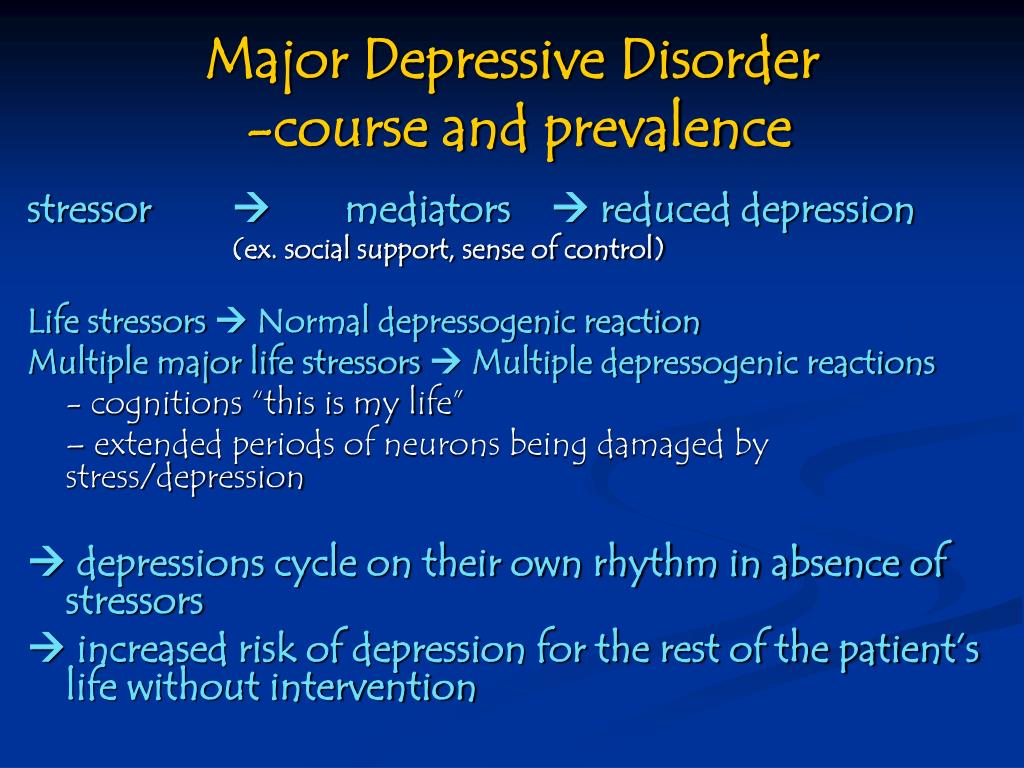 As a result, the body intensively wastes energy, passing through the three stages of the process.
As a result, the body intensively wastes energy, passing through the three stages of the process.
The first stage takes effect at the moment of exposure to the stress factor, and lasts a few minutes. It is followed by a second one lasting from several hours to several days, during which a person is looking for a solution to the problem or a safe way out of the situation.
If the action of the factor continues, the body depletes the adaptive capacity and ceases to minimize the harmful effects of the stressor. It is at the stage of distress that a person experiences overload, psychological disorders, signs of somatic diseases.
Causes of stress
Allocate systemic and mental type of impact of a stress factor. The systemic type is the body's response to an infectious disease, inflammation, injury, light, high or low temperature. Mental type - manifests itself on the emotional and mental sphere, followed by the biological level.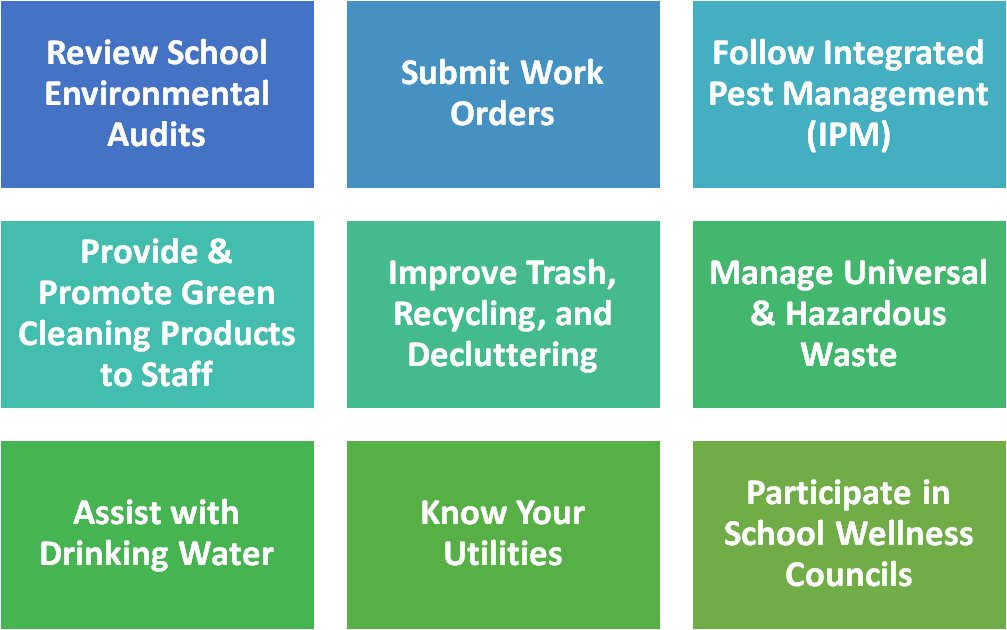
Mental causes of stress include:
-
professional activities associated with increased responsibility;
-
complex relationships in the family;
-
conflicts, phobias, problems in communication, threats of a different nature, intractable problems, dysfunctional social relations in the team;
-
unfulfilled needs, low self-esteem, perfectionism;
-
change of place of residence or work, monotonous activity, divorce, death of a loved one;
-
information overload;
-
lack of rest sufficient to restore the psyche;
-
psycho-emotional tension caused by risk, time pressure, increased workload, novelty of the situation or its uncertainty.
The consequences of prolonged stress in men and women are the same - depression and somatic diseases. Therefore, it is important to timely note the signs of psychophysical stress, identify its causes and eliminate it.
Signs of stress
Prolonged exposure to a stress factor causes serious stress throughout the body, significantly worsening the general mood and well-being of a person.
Common symptoms of developing stress:
-
Muscle tension in the head, neck, shoulders, back.
-
Increased anxiety.
-
Irritability at the slightest provocation.
-
Reduced performance.
-
Depression, apathy.
-
Sleep disorders.
-
Absent-mindedness, deterioration of memory and ability to concentrate, slowing down the pace of thought processes.
-
Chronic fatigue, pessimism, desire to distance themselves from society.
-
Headache, unexplained chest pain.
-
Disorder of appetite, violation of the digestive function.
Often a person acquires an obsessive habit, for example, biting his lips, turning his neck, straightening his hair.